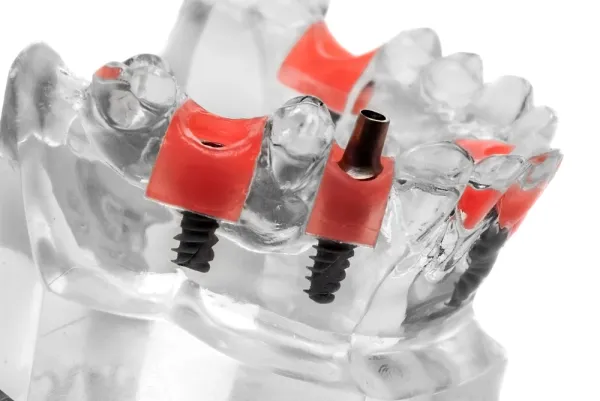Trouble Reporting Implant Placement to Medical Carriers? Use These Tips

Question: I recently started billing for an oral and maxillofacial surgeon, and I am facing denials at times when I am trying to bill placement of implants to medical insurance carriers. I am using 21248 and 21249. While I am having no trouble with some payers, there are some with whom I am not been able to get the proper reimbursement. What am I doing wrong?
South Carolina Subscriber
Answer: While it is imperative that you report the placement of implants to ‘dental insurance carriers,’ it sometimes becomes necessary to submit your claim for these placements to ‘medical insurance companies.’
When submitting your claims to medical insurance carriers, you should provide proper documentation that supports the medical necessity for performing the procedure. This documentation should contain the proper ICD-9 (or the ICD-10 codes once they come into vogue) codes that support the necessity of your claim. You should also provide the proper operative report that also contains the same list of diagnosis codes that support your claim.
Take note that some carriers might require you to obtain pre-authorization prior to performing the procedure or else your claim might be rejected even though you are submitting proper documentation with the procedure. So, check with the payer if you need to obtain prior authorization before your surgeon performs the procedure. If prior authorization has been obtained, make sure that you record this in box 23 of the 1500 form that you submit for your claim.
You will need to provide specific ICD-9 codes to support medical necessity of the procedure. For instance, if your surgeon is replacing extracted teeth for a patient who suffered an accident while firing a hunting rifle, you will have to submit the following codes to support necessity of the implant placement:
ICD-10: When you begin using ICD-10 codes post Oct.1, 2015, you should use the following codes:




